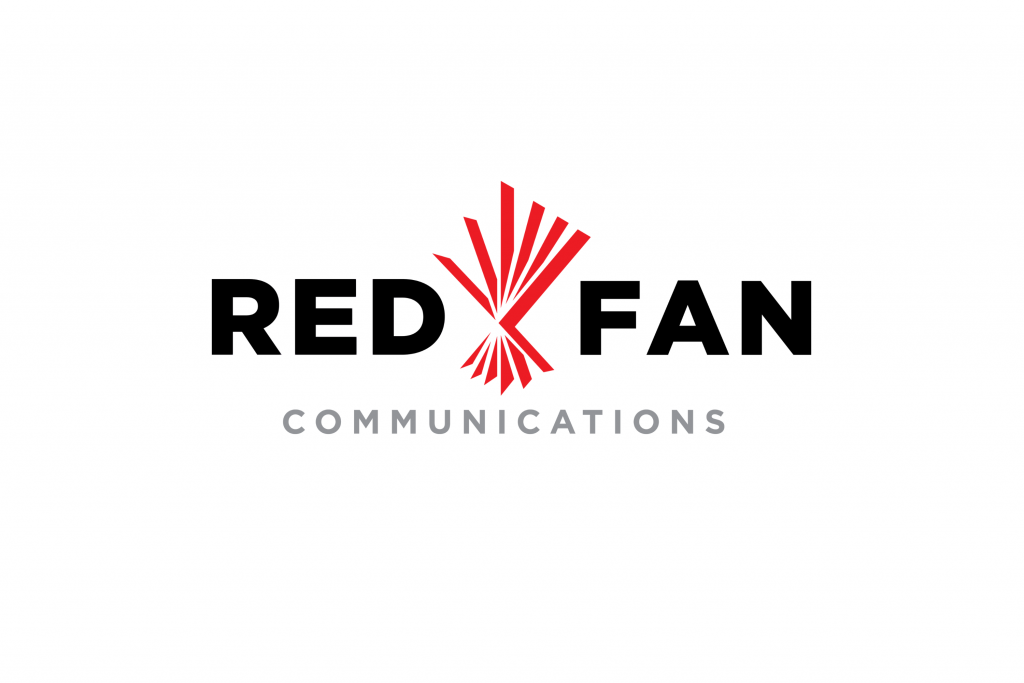You did it. You landed a coveted panel position. You’ve been invited by someone in your professional network to share your expertise with the world. Or, perhaps your PR firm submitted you as an expert on a panel with esteemed colleagues, industry thought leaders or a customer of yours. In any case, congrats!
Done this before? You must be a pro. Never paneled in your life? I’d advise you to talk to the pro, but in reality, most subject matter experts—regardless of their speaker resume—have not mastered the art of the panel.
It’s like a dance, except in lieu of music, you have a—hopefully—knowledgeable moderator providing a cadence of expertly timed questions; instead of a single dance partner, you’re expected to harmonize with at least two other experts while desperately trying not to step on their verbal toes.
At its best, a panel is effortless. The panelists—regardless of whether they knew each other ahead of the session—sound like old friends, egging each other on with anecdotes and encouraging transitions. The moderator is calm, fluidly moving the conversation from topic to topic, question to question and keeping responses succinct and on-target.
At its worst, well, you’ve seen that panel. Incessant interrupting, awkward pauses and probably some unnecessary and borderline inappropriate body language.
A good panel comes down to three basic elements: preparation, modesty and flexibility.
PREPARATION: NO “WINGING IT” ALLOWED.
You have been invited or submitted to your panel as an expert on a specific topic or field. It is your job to review the moderator’s questions in advance, research your fellow panelists and prepare two to three key messages you hope the audience will take away. Even if it is your actual job to speak about a certain topic 40 hours a week, a panel environment is very different than a 1-to-1 business conversation.
– Do: Ask for questions in advance.
– Don’t: Abuse your role as a panelist by unleashing a breakout session-length talk track.
– Do: Recognize audience pain points and establish empathy with your listeners.
– Don’t: Expect the audience to know why you’re an authoritative resource.
MODESTY: DO WE HAVE TO ASK YOU TO SIT ON YOUR HANDS?
Your panel should feel like an easy dinner conversation. You should feel relaxed and comfortable within your surroundings. But, not that comfortable. Take a position, whether sitting or standing, that feels natural to you. Be cognizant of the audience’s orientation to you. If they are looking up at you on a stage, take notice of how your legs are situated. If you’re a hand talker—you know who you are—don’t let hand gestures detract from your answers.
– Do: Monitor your body language and remember to smile!
– Don’t: Move around too much and disturb your microphone.
– Do: Speak clearly and concisely, and remember to enunciate.
– Don’t: Let your eyes wander. Eyes on the speaker while they’re talking.
FLEXIBILITY: MASTERING THE SUBJECT WITH EASE.
Mary Wisniewski—reporter with Bankrate and recent panel moderator at SourceMedia’s Digital Banking conference—encourages panelists to be nimble with their talking points. Here’s what she had to say: “Incorporating a recent piece of news into your session, for example, immediately creates relevancy and connects you with the industry and the audience. When speaking, don’t be vague either. The more you can use concrete examples to illustrate whatever point, the better. Ditch the jargon, too. It makes peoples’ eyes glaze over. Lastly, debate is always encouraged. Don’t be afraid to be controversial.”
You are all expected to be students of the industry you’re speaking on behalf of. Walking into a panel unprepared and rigid inhibits you from creating natural connections to the audience.
– Do: Poll the audience. Did you see the latest news in the New York Times? How many of you have lost sleep over data privacy issues?
– Don’t: Gratuitously flatter your fellow panelists or moderator. Starting every answer with, “that’s a great question,” leads me to believe you’ve never been asked a thoughtful question.
– Do: Provide concrete examples born out of personal anecdotes.
– Don’t: Ramble.
Remember, your panelists were not trained on your sales pitch. Your group is expected to convey new, inspiring ideas through collaborative conversation agnostic of your company’s products or services. Stay true to your pre-determined key messages, but let the natural flow of conversation steer you. If you force a point, the audience will sniff you out, then tune you out.
Ready for your on-stage debut? Unsure if you’ve mastered the art of the panel? Learn how Red Fan can help.






